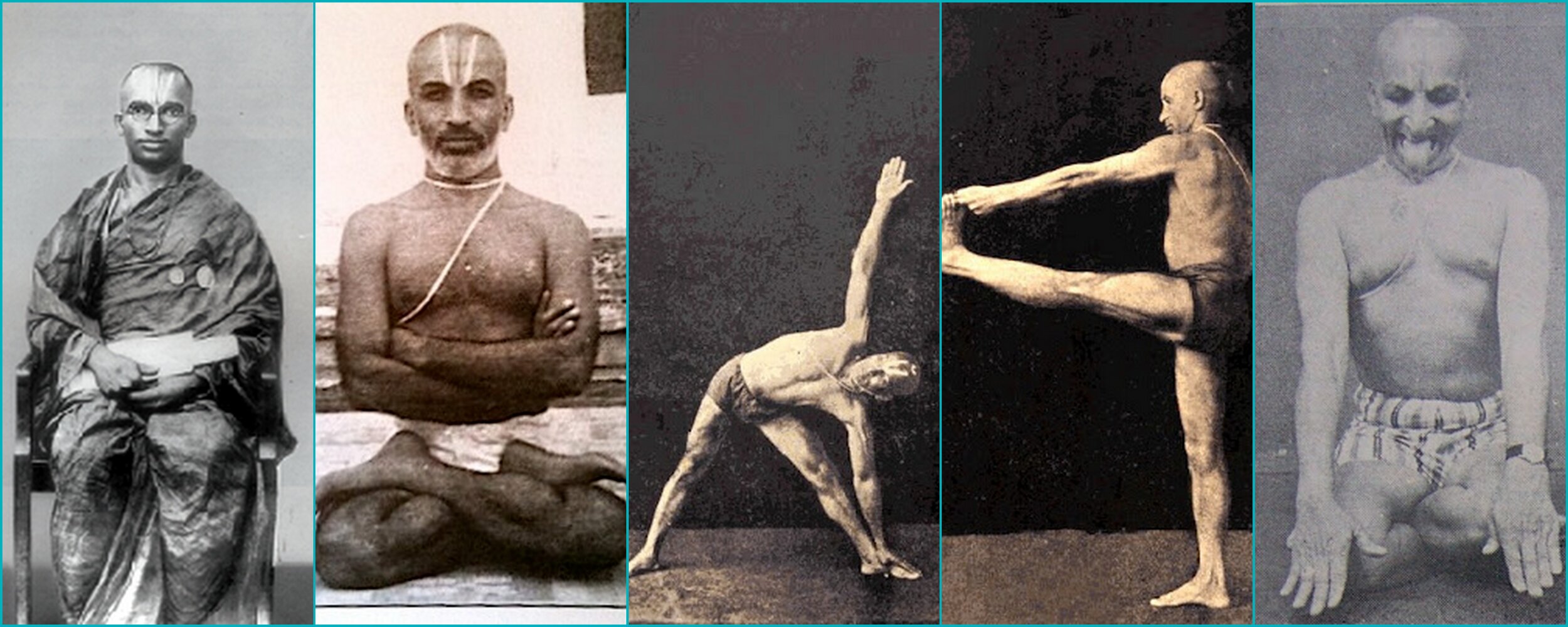Ancient Lineage
The fact that Yoga is so old touches something old in us.
Yoga’s ancient origins stir us.
They call on and evoke the oldest parts of ourselves, murky and dark, sublingual and subliminal and long ago forgotten. Or sundered.
This is beautiful.
At the same time, there are other threads to this story. That which is timeless, such as Yoga, is also participatory and played out in real time. That is, it is subject to history. It has meant different things at different times in cultured, politicized, and theoretical ways.
Yoga has a deep relationship with the history of the Indian subcontinent and her peoples. But there is also a story of colonialism in there, and the way that it can and has warped lineages, cultures, and bodies.
Whenever we take something like this up in our hands, we can’t do so without also picking up the threads of casteism, racism, patriarchy, enslavement and war. Of course, this may not be intentional. Many of us didn’t know what we were getting into, and the complexity of the issue is daunting. But I believe we can, and should, take up the questions together.
In my many years of practicing, I have been given, taught, and sold many versions of Yoga’s history. I have longed for the old stories and a personal connection to something that goes back across the millennia. I have thrilled to the idea that my body is linked to other bodies, my voice can sound - with practice and hope and the crack of reverence and trepidation - the very same notes sung three thousand years ago. I have been confused by the sheer chaos and multiplicity of what’s offered, and I’ve looked as best I can for what is true. I want, as best I can, to be sincere and to be clear. I’ve wanted to avoid complicity in the harms of whiteness. I’ve wanted to be honest. And for my own sake - my own sanity - I’ve worked hard to position myself in an attitude of respect.
When you love something, you want the most concentrated and pure form of it you can handle. You want it undiluted, raw, and naked. You want it whole. I’ve taken some solace from the suggestion that Yoga is holistic, unifying. Unbroken. Who wouldn’t?
This longing can easily lead to watering down Yoga’s teachings to make them palatable and sellable.
It can also lead to a romanticizing of the past and an obfuscation of the fact that India still very much exists and is not merely a spiritualized place but the largest democracy on earth, which some argue isn’t democratic at all.
I think it is important to honor yogic tradition and heritage, to acknowledge my surprised and largely undeserving receipt of it just when I was most likely to die. I think it’s important that I teach the highest form of the teachings I can rather than pander to the market. And I think it’s important - vital, really - to acknowledge systemic racism’s role in this story in an attempt to interrupt it and prevent its going forward.
This is a tricky, awkward balancing act. To bow to the past without closing your eyes. To stand up in opposition but do so gently.
It is possible to honor tradition and acknowledge the legacy and culture of South Asian people, to literally uphold my lineage - student to teacher for centuries - without condoning the harm committed by the lineage holders. And this is basically what I say: I honor my lineage but I do not uphold the patriarchy. I can burn shit down in the name of the sacred. The Yoga that I teach and practice is largely that of the Desikachar lineage. But it is not bound by that lineage so much as supported by it.




